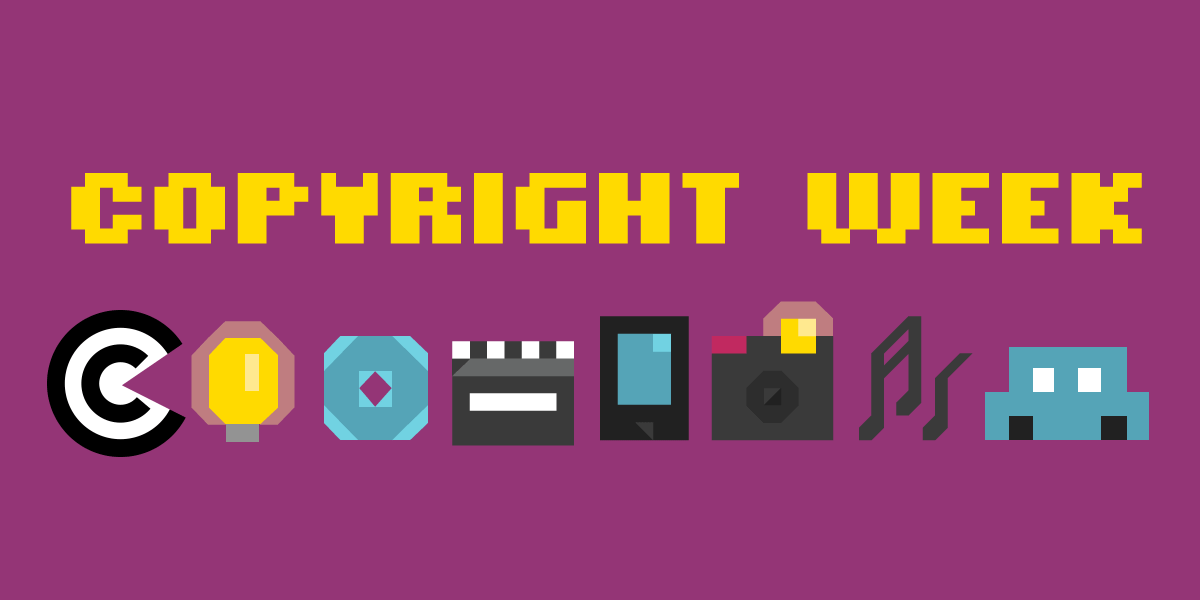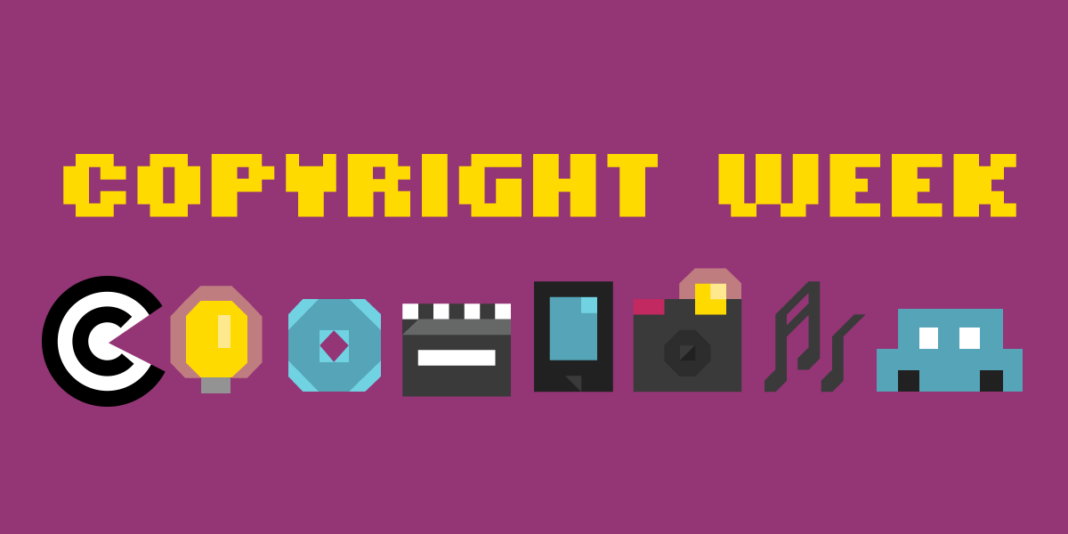
Every January, we celebrate the addition of formerly copyrighted works to the public domain. You’ve likely heard that this year’s crop of public domain newcomers includes Steamboat Willie, the 1928 cartoon that marked Mickey Mouse’s debut. When something enters the public domain, you’re free to copy, share, and remix it without fear of a copyright lawsuit. But the former copyright holders aren’t always willing to let go of their “property” so easily. That’s where trademark law enters the scene.
Unlike copyright, trademark protection has no fixed expiration date. Instead, it works on a “use it or lose it” model. With some exceptions, the law will grant trademark protection for as long as you keep using that mark to identify your products. This actually makes sense when you understand the difference between copyright and trademark. The idea behind copyright protection is to give creators a financial incentive to make new works that will benefit the public; that incentive needn’t be eternal to be effective. Trademark law, on the other hand, is about consumer protection. The function of a trademark is essentially to tell you who a product came from, which helps you make informed decisions and incentivizes quality control. If everyone were allowed to use that same mark after some fixed period, it would stop serving that function.
So, what’s the problem? Since trademarks don’t expire, we see former copyright holders of public domain works turn to trademark law as a way to keep exerting control. In one case we wrote about, a company claiming to own a trademark in the name of a public domain TV show called “You Asked For It” sent takedown demands targeting everything from episodes of the show, to remix videos using show footage, to totally unrelated uses of that common phrase. Other infamous examples include disputes over alleged trademarks in elements from Peter Rabbit and Tarzan. Now, with Steamboat Willie in the public domain, Disney seems poised to do the same. It’s already alluded to this in public statements, and in 2022, it registered a trademark for Walt Disney Animation Studios that incorporates a snippet from the cartoon.
The news isn’t all bad: trademark protection is in some ways more limited than copyright—it only applies to uses that are likely to confuse consumers about the use’s connection to the mark owner. And importantly, the U.S. Supreme Court has made clear that trademark law cannot be used to control the distribution of creative works, lest it spawn “a species of mutant copyright law” that usurps the public’s right to copy and use works in the public domain. (Of course, that doesn’t mean companies won’t try it.) So go forth and make your Steamboat Willie art, but beware of trademark lawyers waiting in the wings.
Source: eff.org



